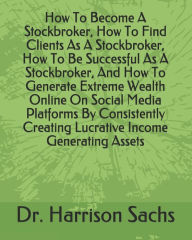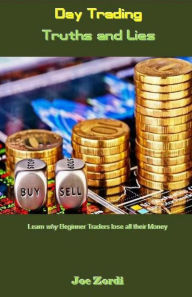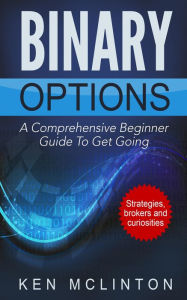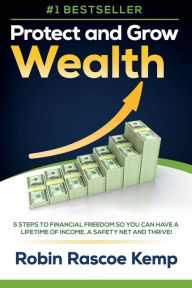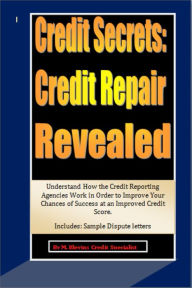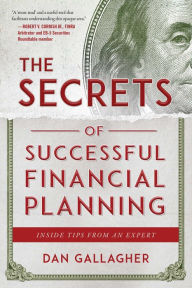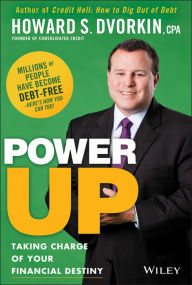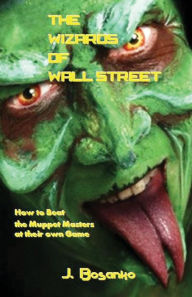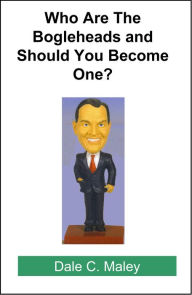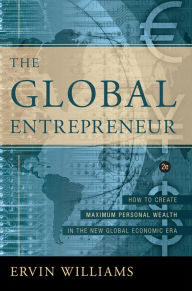How To Become A Stockbroker, How To Find Clients As A Stockbroker, How To Be Successful As A Stockbroker, And How To Generate Extreme Wealth Online On
by Dr. Harrison Sachs
2020-05-30 16:32:53
How To Become A Stockbroker, How To Find Clients As A Stockbroker, How To Be Successful As A Stockbroker, And How To Generate Extreme Wealth Online On
by Dr. Harrison Sachs
2020-05-30 16:32:53
This essay sheds light on how to become a stockbroker, how to find clients as a stockbroker, and how to be successful as a stockbroker. Moreover, how to generate extreme wealth online on social media platforms by consistently creating lucrative incom...
Read more
This essay sheds light on how to become a stockbroker, how to find clients as a stockbroker, and how to be successful as a stockbroker. Moreover, how to generate extreme wealth online on social media platforms by consistently creating lucrative income generating assets is elaborated upon. Additionally, the utmost best income generating assets to profusely produce in order to be able to generate extreme wealth online in the digital era are identified, how to become a staggeringly successful influencer online on social media platforms in the digital era is elucidated, the numerous benefits of becoming a successful influencer online and attaining extreme fame leverage are demystified, and how to earn substantial money online so that you afford to significantly enrich every facet of your life is meticulously expounded upon in this essay. While becoming a stockbroker may seem to be an eminently daunting task, it is anything but overwhelming. While prospective stockbrokers have a proclivity to earn to a bachelor's degree in finance, it is unnecessary to attain a university degree prior to the advent of finding a sponsoring brokerage firm to work for. Brokerage firms provide training to their prospective stockbrokers and expect their prospective stockbrokers to pass the Series 7 and Series 63 exams. Stockbrokers must hold certain securities licenses in order to buy and sell stocks. The Financial Industry Regulatory Authority (FINRA) oversees stockbroker registration and licensure. In order to register as a representative of their brokerage firm, stockbrokers must pass specific exams administered by FINRA. Stockbrokers are first required to pass the Series 7 and Series 63 exams. Each 'series' exam allows representatives to perform certain functions for their brokerage, and stockbrokers can take additional exams to demonstrate their expertise in a type of investment or financial service (Grant, 2019). In order to become more apt to hired by a sponsoring brokerage firm, ample prospective stockbrokers will even be pursuant of a Master of Business Administration (MBA) degree or Master's degree in finance even though it is deemed unnecessary to hold any graduate degree or undergraduate to be able to become a stockbroker. In order to bolster their financial knowledge, prospective stockbrokers will even pursue an internship at a brokerage firm in order to learn about volatile financial markets, investment strategies, market regulations, and the latest accounting practices. Prospective stockbrokers that have amassed substantial financial knowledge will be all the more poised to successfully pass their Series 7 and Series 63 examinations (Grant, 2019) and become full fledged stockbrokers. Passing these aforementioned examinations that are necessary to become a full fledged stockbroker is not for the faint of heart and is anything but simple. The Series 7 exam is difficult and consists of 125 multiple choice questions that must be completed in 225 minutes. It must be combined with a separate Securities Industry Essentials Exam, which consists of 75 questions and lasts 105 minutes. These exams will permit a broker to buy and sell most securities, may be other exams required to trade certain things. For example, someone who wants to buy and sell municipal bonds may have to take the Series 53 exam. There are also other required exams, including the Series 66 and Series 63 exams, to be registered in various states (Lemke, 2019).Stockbrokers typically work long hours for their brokerage firms and need to build their clientele in order to boost their revenue. Stockbrokers generate revenue through commission on trades of securities, such as stocks or exchange-traded funds. Brokerage firms that offer commission free equity trades, such as E*Trade, Charles Schwab, TD Ameritrade, or Fidelity, have rendered the need to leverage a stockbroker over the phone to undergo trades of securities all the less enticing.
Less


